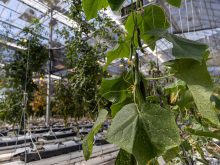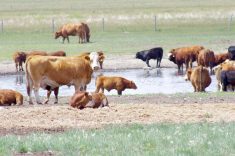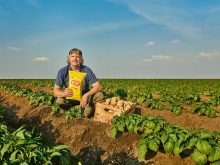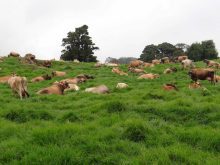Looking for something new for mealtime? Then you might want to check out the Food Processing Development Centre in Leduc.
The centre, part of the food processing division of Alberta Agriculture, saw 212 new products developed under its roof in 2009-10, and more are coming out all the time.
“There’s a lot of research and development that goes on here for organizations like the Canola Growers or the Alberta Beef Producers, or just general research,” said Ron Lyons, the centre’s manager of commercialization and business incubation.
Read Also
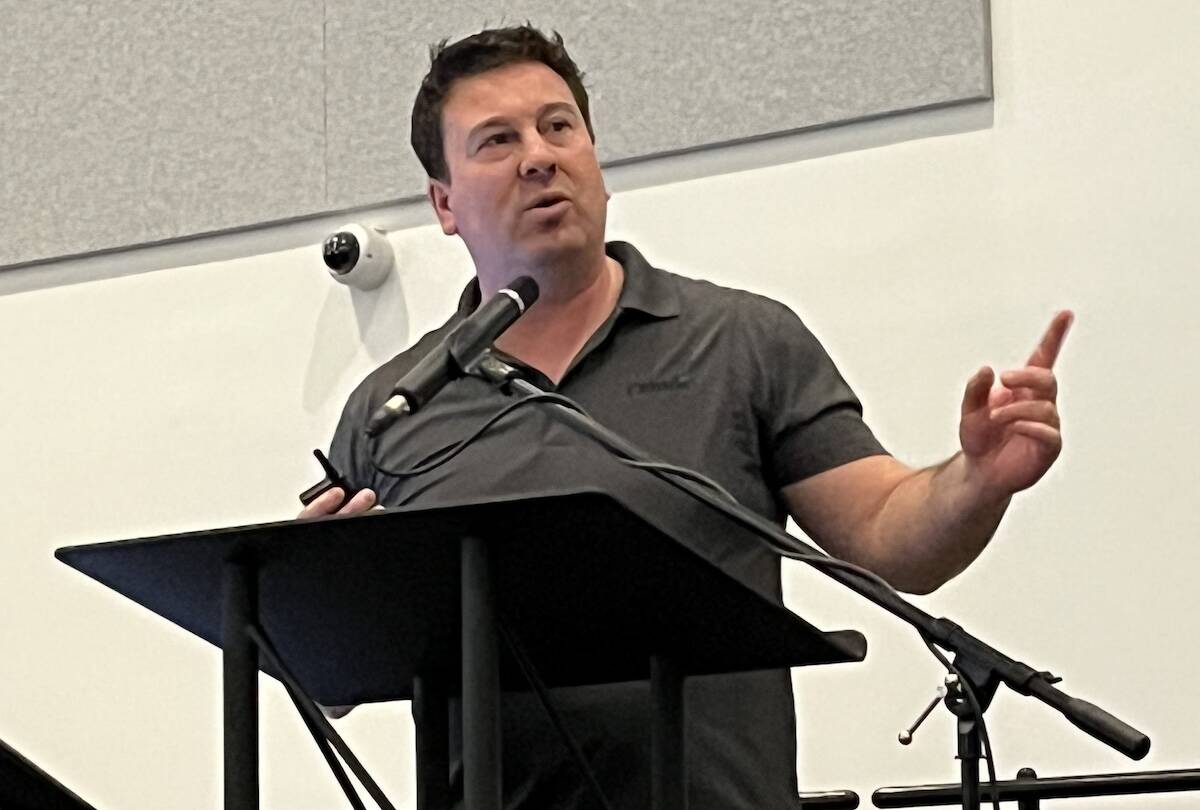
Aster leafhoppers: An unwanted guest migrating from U.S. for canola
Research scientist talks about the prevalence of aster yellows in canola in Alberta, with testing on its pest carriers and conditions in which it affects yields.
“We work with companies, but we also do research here.”
The centre’s clients can tap into its group of food scientists and technologists, learn how to properly produce a food product for retail sale in Canada, and get a leg-up when it comes to building a business.
“They learn about not only producing food products, but also the business side of it,” Lyons said.
“You’re spending more money with every step you take. Most people start developing their product without doing the business side. They run out of money and get into all types of trouble because they haven’t done the business management side of it.”
The strict, and numerous, regulations governing food processing can also be a shock, he noted.
Clients are charged a variable fee for product development. They have access to all the food-processing equipment, as well as scientific and business development expertise.
From recipe to production
The team at the centre can take an individual from pilot development, where the company or individual is producing the food item at home, all the way to plant development. Usually a company only becomes profitable once it’s able to scale up to an industrial level.
“When you’re getting into pilot plant development, you’re getting into big processing types of equipment and you will start producing on a mass scale,” Lyons said. “In the food industry, the margins are very slim, so you have to produce large volumes. Most of the processes are mechanized as much as possible so you can start it up and let it run.”
Once the company has the equipment and process figured out, they will move into interim processing at the centre and produce food for the marketplace. This enables companies to start initial production and grow their market without having to purchase all the expensive equipment at startup time. There are numerous rooms in the food processing development centre where clients can do wet processing, store raw product, work with meat related items, or store things in a cooler. Facilities at the centre are CFIA regulated.
Once a company has finished its product development and marketing, it can then rent space from the Agrivalue Processing Business Incubator for up to four years to produce food for the Canadian market.
“You bring in your own equipment, your own workers, your own ingredients and you have 24-7 access,” said Lyons.
At present, a Chinese company is renting space in the incubator to produce food products for the North American marketplace.
“They saw this as a perfect opportunity because they knew nothing about the North American market, but they could come here and learn how to produce meat products in Canada under our system,” said Lyons. “Once they’re produced, they can export from here all over the world.”
Companies located in Central and Eastern Canada also use the Incubator as a way to develop and sell products to markets in Western Canada. Maple Leaf Foods recently used the space to expand a product into Western Canada.
———
“Whatmanydon’t realizeisthechallenge theyincur.Whenyou’re producingfood,thereare rulesandregulations thatyouhavetofollow.”
Ron Lyons





